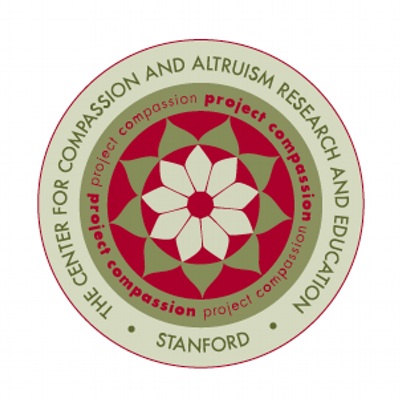In our stressed-out, 80-hour work week, 5-hours of sleep per night, skip meals, work smarter not harder, hyper-connected, teched out world, we’ve recently started to hear more about “self-care” – the idea of taking time for yourself. As a clinician, I remember quite a few discussions in graduate school about “avoiding burn-out” and “compassion fatigue”. Later on, a few years into practice, I started to fully realize the idea that “you won’t be able to help anyone else if you’re not taking care of yourself.”
Today, now that “self-care” industry is estimated at anywhere from $11 billiion to $450 billion, we hear even more about it:
You deserve a break today.
Make time for yourself.
You’ve earned it.
Make your happiness a priority.
It’s not selfish to love yourself.
Treat Yourself.
All of these statements, and many more you can find all over television, billboards, and the internet have certainly carried the message of self-care farther and more loudly than I heard in grad school,
But is it possible, maybe, for us to love ourselves just a little too much? Have we been making our happiness such a priority that we forgot about the happiness or well-being of those around us? I think that is a question each one of us has to answer on our own.
Logotherapy tells us that self-transcendence, serving another person or truly loving them in their uniqueness and humanity is the path the discovering meaning in our lives.
Current research by Dr. James Doty and The Center for Compassion and Altruism Research and Education (CCARE) at Stanford University continues to validate this idea. Dr. Doty’s research suggests that when we are the most stressed, it’s not a break, or self-love, or even focusing on our own happiness that we need – but the act of reaching out and helping someone in need, true altruistic service, compassion for our fellow humans – these acts of service elevate mood, reduce stress, increase serotonin and dopamine levels, and increase overall well being; while also helping the other person!
When we are at our lowest – tired, lonely, over-worked, stressed, frustrated, depressed – maybe it’s not a “self-care day” of sitting on the couch binge-watching Netflix and shopping online that we need, but maybe a few hours at the food pantry or homeless shelter, volunteering some of our time to help someone else in need – maybe these are the acts we need to engage in to restore ourselves to optimal functioning.
Is it possible that the best kind of “self-care” is caring for someone else?
To learn more about the work of Dr. Doty and CCARE – I highly recommend reading through the articles and research at The Center for Compassion and Altruism Research and Education.
Of course, if you would like to discuss the ideas of Viktor Frankl, self-transcendence, and the Psychology of Meaning, take a look at my course “The Meaning Project: Logotherapy and the Psychology of Meaning” available on Teachable.com

Weekly Mental Health and Meaning Updates
Sign up below to receive weekly guidance from Dr. Dan.








